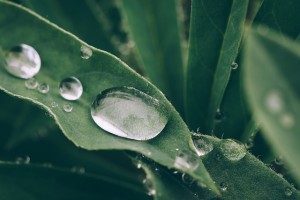chapter ![]()
[noun]
[het hoofd-stuk, de hoofd-stuk-ken]
If you’ve ever opened a Dutch book, you will have come across this word. "Hoofdstuk" consists of "hoofd" ("head") and "stuk" ("piece"). It can be used both in a literal and a figurative sense.
Examples:
– "Welke hoofdstukken moeten we voor de training morgen lezen?"
("Which chapters do we have to read for the training tomorrow?")
– " ‘De avonden’ van Gerard Reve is het saaiste boek dat ik ooit heb gelezen; ik heb echt mijn best gedaan, maar ben maar tot hoofdstuk twee gekomen."
(" ‘The evenings’ by Gerard Reve is the most boring book I’ve ever read; I really tried my best but I only made it to chapter two.")
– "Nu Michael Jackson is overleden, is er een hoofdstuk in de geschiedenis van de popmuziek gesloten."
("Now that Michael Jackson has passed away, a chapter in the history of pop music is closed.")
– "De hernieuwde onderhandelingen tussen de twee vijanden waren het begin van een nieuw hoofdstuk."
("The renewed negotiations between the two enemies were the beginning of a new chapter.")
Related words:
– Inhoudsopgave: table of contents [noun] [de inhoudsopgave, de inhoudsopgaven].
– Hoofd: head [noun] [het hoofd, de hoofden].
– Stuk: 1. piece [noun] [het stuk, de stukken] 2. broken [adjective/adverb] 3. document [noun] [het stuk, de stukken].
– Paragraaf: paragraph [noun] [de paragraaf, de paragrafen].




 A “druppel” is a drop of any liquid. A quite famous expression with “druppel” is “de druppel die de emmer doet overlopen” (“the last drop makes the cup run over”), see
A “druppel” is a drop of any liquid. A quite famous expression with “druppel” is “de druppel die de emmer doet overlopen” (“the last drop makes the cup run over”), see